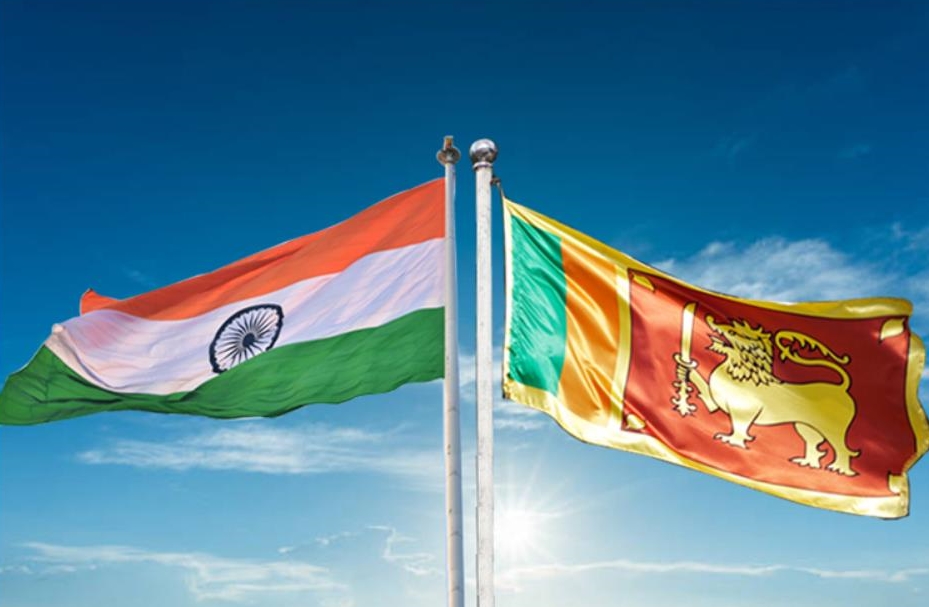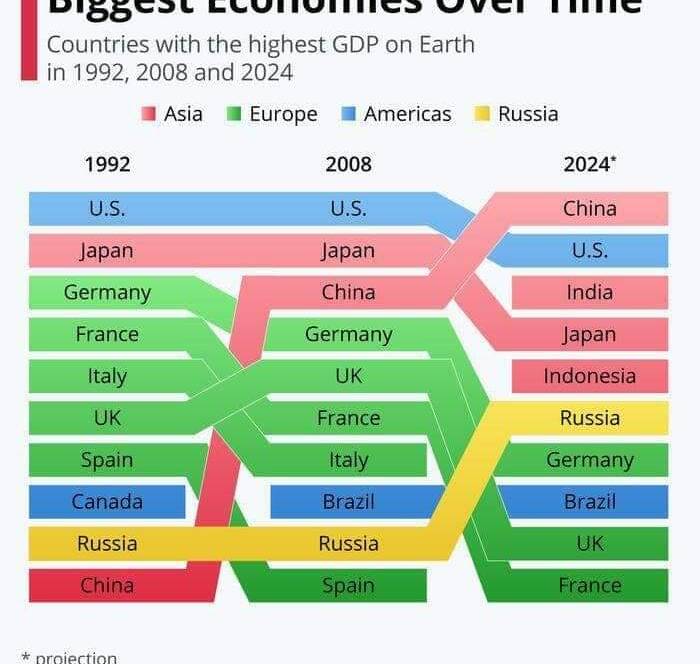By LP

Fresh on the heels of India’s one billion US dollar credit facility granted to support Sri Lanka’s ailing economy; news broke of cabinet ministers of Sri Lanka granting approval for the proposal to establish a Maritime Rescue Coordination Center (MRCC) in Sri Lanka.
Aided by a grant of the Indian government worth six million USD, the establishment is set to improve Sri Lanka’s search and rescue (SAR) capabilities. But multiple parties including opposition parliamentarians have already begun expressing concern over the move, warning of a potential threat to Sri Lanka’s national security.
Sri Lanka’s existing SAR and MRCC capacity
Sri Lankan waters are a hub of activity. Located close to one of the world’s busiest East-West shipping lanes, this littoral state oversees marine traffic of over 2000 ships daily and is host to over 5000 sea-going multi-day trawlers. As the pandemic eases, the number of recreational vessels sailing in the Indian Ocean has also been rising. The increased activity undoubtedly calls for credible and well-prepared maritime safety systems including enhanced capabilities for the MRCC, as the number of risks and threats at sea both man-made and natural, continue to rise.
Sri Lanka is a signatory to UNCLOS, the 1974 International Convention for the Safety of Life at Sea and the Search and Rescue Convention of 1979. As per the aforementioned bodies of international law, Sri Lanka is responsible for ensuring the safety of life at sea within her SAR region, which is approximately 27 times her size.
Existing law delegates the responsibility of maritime safety on the Merchant Shipping Secretariat established under the Merchant Shipping Act no. 52 of 1971. But the authority of said maritime safety operations within Sri Lanka’s SAR region is delegated to the Sri Lanka Navy (SLN), which operates the MRCC under the Directorate of Naval Operations. According to MRCC Colombo, in 2019 alone a total of 263 ships had reported distress incidents, out of which, about 80% were fishing and merchant vessels.
Why the concern?
The timing of the proposal definitely raises eyebrows, given that it came just days after India approved the loan – a much needed act of rescue for Sri Lanka’s dying economy. But India was not the first to propose creation of a MRCC. Active discussions to establish an MRCC were initiated between the good-governance government and the Chinese government in 2017 – 2018. But the plan fell through after India intervened in a clear act of attempting to counter the growing Chinese influence.
Since then until now, the proposed MRCC and its Rescue Sub-Centres have remained under the covers. But this time, it has been proposed against the backdrop of a grave economic crisis in Sri Lanka – making the MRCC appear to be almost like an offer that cannot be refused.
News reports note the government of Sri Lanka will also enter an agreement with Bharat Electronics Limited – an aerospace and defense electronics company owned by the government of India as part of the MRCC implementation plan. Agreements with foreign defense companies are routine for countries engaged in security cooperation. But these agreements have so far only focused on developing the technological component of SAR. So far, no developments have indicated any attempt to develop Sri Lanka’s rescue component of SAR capabilities.
A country’s capacity to perform SAR operations depends on the number of SAR-focused vessels, personnel and aircrafts owned by that country, as they play a key role in the response stage in Humanitarian Assistance and Disaster Relief programs/rescue operations. At present, SAR operations are run by the Sri Lanka Navy, Sri Lanka Coastguard and the Sri Lanka Air Force. Despite the highly commendable job these military forces perform in their individual SAR roles and obligations, the technology they work with as well as the equipment used including vessels and aircrafts leaves much to be desired. Apart from the obvious lack of an air wing in the SLN, the unavailability of long endurance aircraft in SLAF too have imposed major issues on conducting SAR operations in the deep sea.
Over-dependency – a grave concern
With a severe lack in necessary equipment and capacities, the proposal to establish a MRCC will push Sri Lanka to seek assistance from India due to the lack of performance capacity to meet the demands. Increased dependency will inevitably lead to delegation of SAR duties under Sri Lanka’s purview, into the hands of our closest neighbour – India. Furthermore, entering an agreement with India on MRCC would also mean entering into cooperative agreements on the use of Sri Lankan airspace as and when necessary.
India’s ambitions in the Indian Ocean region and in South Asia as well as Asia are no secret and it is under-pinned by real-time evidence. As India introduces Indian-ocean oriented projects including SAGAR (security and growth for all in the region), positioning itself as the leader to nurture holistic growth within the region, India’s own ‘Sagarmala’ – a program aimed at developing old and new ports to improve inland waterways and hinterland – has acted as a counter-move against China’s Belt Road Initiative. These programs have paid well as global forecasts place India at the forefront of the multipolar world envisioned for the future where the power is set to shift from the West to Asia.
As such, India is already among the major players in the Indian Ocean region that has embarked on a multiplicity of exploratory ventures including ocean excavation and various other forms of ocean research. Against such a backdrop, is it practically possible to prevent our powerful neighbour from exploiting the proposed MRCC for their gain? It is not impossible, but the issue here is if Sri Lanka is presently equipped to handle a discussion involving such sensitivities given its weak negotiating power caused by its dying economy.
A win for India
India, for the past few years had envied China’s influence within Sri Lanka and was vying to match Chinese power exerted through loans and larger-than-life development projects. It appears Sri Lanka’s economic downturn has paved the way for India’s re-entry and this time, almost to the point of driving China out.
India was not only seeking to sideline China, but America too. Speaking strictly in terms of strategic interests and power competition, although India has entered into multiple coalitions and security agreements with America to counter Chinese influence, it is also very aware of its priorities and was wary of US engagement in Sri Lanka particularly when it came to locations such as eastern Sri Lanka’s Trincomalee. While entertaining Sri Lanka’s multiple requests for economic aid to support the dwindling economy, India has made its way into Sri Lanka’s strategic landscape – pushing out Chinese as well as American influence successfully.
Over the past few weeks, Sri Lankan ports have been visited by over six Indian Navy vessels and more will likely follow as they ready their Sri Lankan counterparts for the upcoming cooperative venture. Good relations with neighbours are advisable and if Sri Lanka is to transform into a global hub and if its military is to take up a global role, upgrading operations such as SAR is vital. But with little to no capacity within itself, the question remains if this is a safe path for Sri Lanka to walk in particularly considering the long-term repercussions of the move.
Resources
https://www.dailymirror.lk/latest_news/Proposed-MRCC-deal-threat-to-SL-security-Harin/342-233601
https://mea.gov.in/Speeches-Statements.htm?dtl/30327
http://www.dgshipping.gov.lk/web/images/pdf/rules/annex01.pdf
[LP is currently reading for a Masters in International Relations and is a communications professional]
Disclaimer – Factum is a Sri Lanka based think-tank providing international relations analysis and public diplomacy consultancies in Sri Lanka and Asia. Visit – www.Factum.LK


